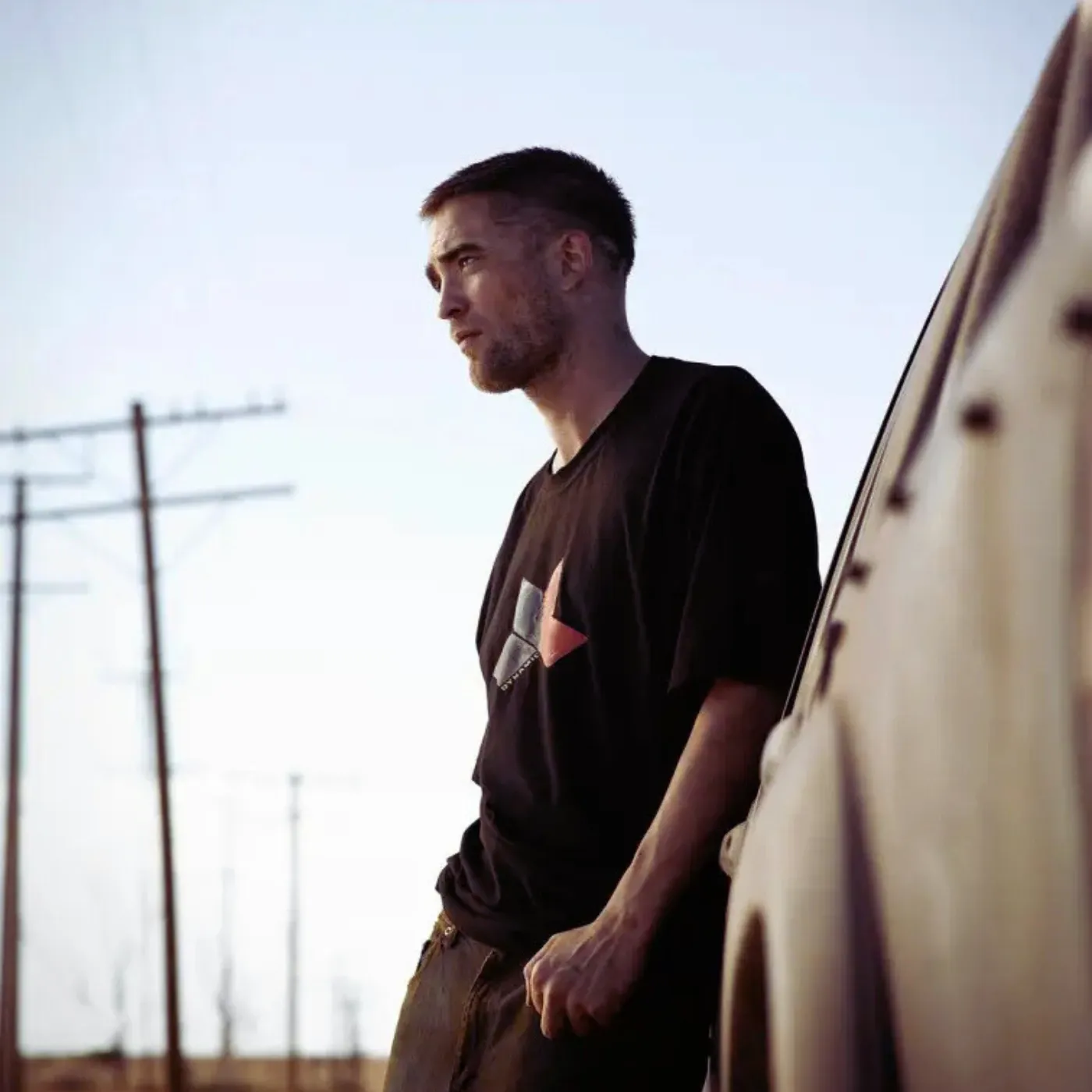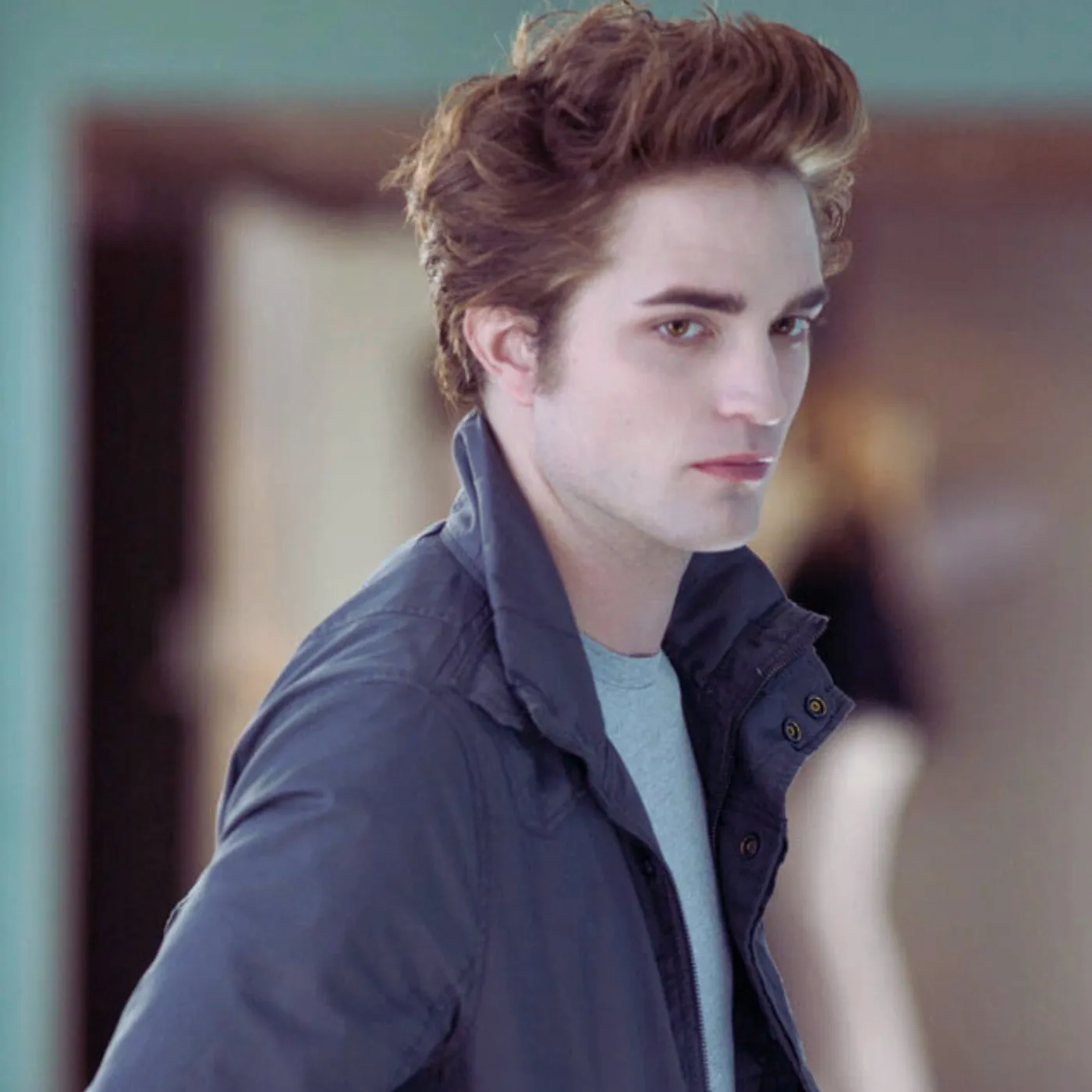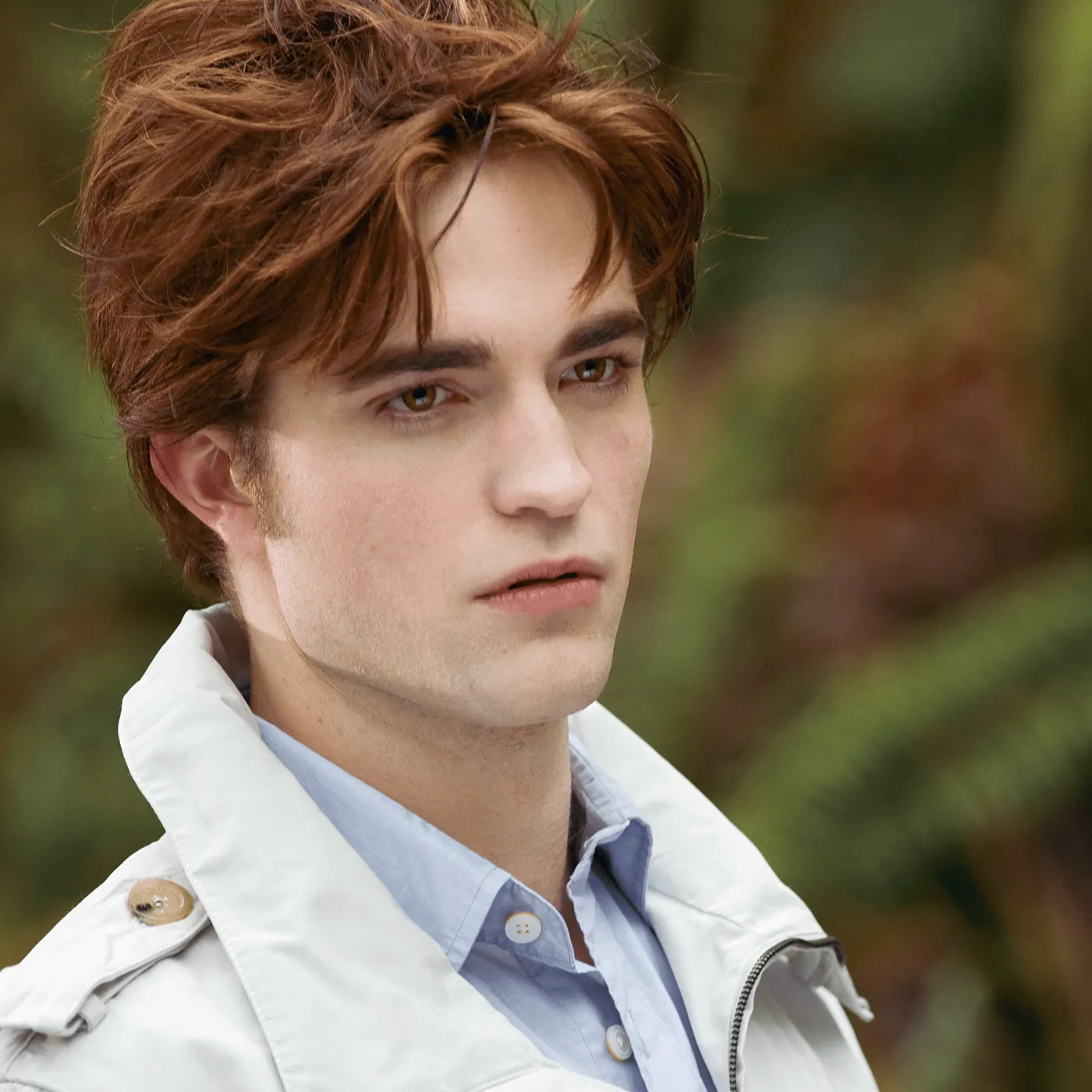

“Twilight Was a Lie”: The Film That Unlocked the Real Robert Pattinson
In the aftermath of Twilight, Robert Pattinson could have easily faded into the shadow of his sparkly alter ego. For years, critics and audiences alike struggled to separate the man from the vampire, reducing Pattinson to a punchline in the pop culture echo chamber. But in 2014, something changed. Something unexpected. Something radical. And it all started in the middle of the Australian outback.

The Rover wasn’t just another indie experiment or artistic side quest. It was a cinematic reckoning. A bold, unflinching reset button on Pattinson’s identity—both as an actor and as a cultural figure. For the first time since the glitter-drenched Twilight saga, people weren’t just watching Robert Pattinson. They were seeing him.
From Heartthrob to Human Wreckage
Directed by David Michôd (Animal Kingdom), The Rover strips away the gloss of Hollywood and drops viewers into a gritty, post-apocalyptic landscape. Pattinson plays Rey, a desperate, emotionally stunted drifter with rotting teeth and a broken spirit. It’s a role that demanded vulnerability, discomfort, and raw unpredictability—and Pattinson delivered all three in a way no one expected.
Gone were the manicured cheekbones and poetic brooding. In their place stood a man unraveling in real time. His accent? Unhinged, erratic, deeply Southern. His demeanor? Twitchy, unsure, yet strangely magnetic. Every line delivery felt like a cry for help. Every silence roared louder than a monologue.
This wasn’t Robert Pattinson “trying” to act. This was him surrendering to the chaos.
Critical Rebirth
Critics who once dismissed him as a one-note teen idol were now rewriting their narratives. The Guardian called his performance “astonishing in its commitment and nerve.” The Hollywood Reporter noted that his portrayal brought “an unnerving fragility” that lingered long after the credits rolled. Even Pattinson skeptics had to admit—it was impossible to look away.
And let’s be honest: Hollywood loves a redemption arc. Especially when it’s messy, unexpected, and soaked in dirt.
The Method Behind the Madness
Pattinson didn’t just act in The Rover. He disappeared. On set, he reportedly avoided socializing, isolated himself, and immersed himself fully in Rey’s mental state. Co-star Guy Pearce later remarked that Pattinson was “completely in his own world” during filming—a world where vanity, polish, and star power had no currency.
That’s the magic of The Rover. It annihilated the myth of Robert Pattinson as a packaged product. Instead, it introduced audiences to Robert Pattinson: the actor, the risk-taker, the wildcard.

A Viral Awakening
Years later, clips from The Rover began resurfacing across social media platforms—especially Facebook and TikTok. Users, especially younger ones who knew him only as “the guy from Twilight or The Batman,” began posting reaction videos. Captioned posts like “Wait, THIS was Robert Pattinson in 2014???” and “He really snapped in this scene” spread like wildfire.
The algorithm loved it. So did the internet.
Meme culture—normally merciless with ex-teen idols—granted Pattinson a rare kind of reverence. Edits of his scenes from The Rover were repurposed with dramatic soundtracks, gritty filters, and commentary threads that read like dramatic fan manifestos. One viral clip of Rey stuttering a plea for help now sits with over 15 million views across platforms.
Why This Role Matters More Now Than Ever
In the age of curated perfection, The Rover is a jarring reminder that authentic discomfort is more compelling than polished artifice. Pattinson wasn’t playing a heartthrob, a superhero, or a romantic lead. He was playing a nobody. A failure. And he made it unforgettable.
That’s exactly what makes this performance resonate today. In a digital landscape obsessed with glow-ups and brand-building, The Rover was a deliberate detour into chaos. It was the kind of performance that doesn’t just ask to be watched—it demands to be felt.
The Death of the Pretty Boy Era
Before The Rover, Pattinson was trapped. The image of Edward Cullen followed him like a ghost, no matter how many indie detours he took. But The Rover didn’t just break the mold—it incinerated it. After this film, casting directors saw him differently. He wasn’t just “that Twilight guy” anymore. He was dangerous. Unpredictable. Real.
It paved the way for his future work—Good Time, The Lighthouse, Tenet, and eventually The Batman. Every one of those roles contains a shard of the madness and grit he first unleashed in The Rover.
Why You Probably Missed It (and Why That’s a Problem)
Here’s the kicker: The Rover didn’t make much money. It barely grazed the box office. And many fans who now obsess over Pattinson’s darker roles have never even heard of it.
That’s the cruel irony of The Rover. It was too early, too quiet, and far too raw for mainstream comfort. It wasn’t designed to go viral in 2014. But in 2025? It’s a goldmine of content. A moment of cinematic honesty finally getting its due.
A Masterclass in Career Rebranding
If you’re a young actor trying to break out of a typecast prison, study The Rover. If you’re a filmmaker tired of safe choices, study The Rover. If you’re an audience member sick of sanitized storytelling, watch The Rover.
Because buried under that dust, that sweat, and that raw Australian sun lies the blueprint of reinvention.
And at the center of it all is Robert Pattinson—unhinged, ugly, brilliant.
Final Word
Call it a turning point. Call it a breakdown. Call it whatever you want. But know this:
The Rover wasn’t just a film.
It was a revelation.
It was Robert Pattinson’s reckoning.
For years, Pattinson battled against a narrow public image—trapped by the legacy of Twilight, typecast as the pretty boy with effortless charm. But The Rover ripped that image apart. It exposed the layers beneath the surface: the messy, vulnerable, and unpolished actor daring to go where few dare to tread. It was a performance that demanded discomfort—not just from him, but from everyone watching.
If you still think of him as just the vampire with good hair, you’ve got homework to do. This film is the blueprint for understanding the man behind the myth—the fearless risk-taker who chose artistic honesty over commercial safety. It’s the moment when Robert Pattinson shed the shackles of teen idol fame and emerged as a complex, unpredictable force in cinema.
And that transformation still echoes today—in every gritty role, every daring choice, every time he steps on screen and refuses to be defined by past glories.

The Rover didn’t just change his career. It challenged audiences to rethink what it means to be a leading man in modern Hollywood. It proved that real power comes from vulnerability, that beauty can be found in imperfection, and that reinvention is always possible—if you’re willing to go deep enough.
So, if you haven’t watched it yet, dive in. Experience the discomfort, the chaos, and the raw humanity. Because The Rover is more than a film—it’s the moment Robert Pattinson stopped playing it safe and started owning his craft.
And that, more than anything, is why it matters.


















